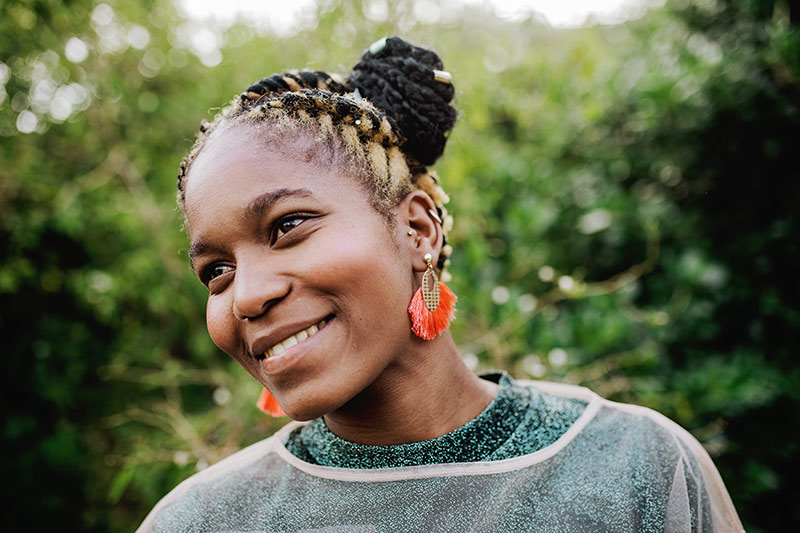You spend about one-third of your life in bed. Ideally, most of that time, you should be asleep. But up to 70 million Americans have sleep conditions that make it hard to get a good night’s rest.
At Emory Sleep Center, we diagnose and treat a wide spectrum of sleep conditions. With our team’s expertise, you won’t just sleep better—you may boost your overall health, mood and ability to function.
Here, you have access to board-certified sleep medicine specialists, the latest diagnostic tests and progressive treatments. We have received accreditation from the American Academy of Sleep Medicine, and we are ready to give you the answers and support you need. You can rely on us to help you sleep, feel and function better.

Sleep Disorder Conditions
When Sleep Doesn’t Come Easily, We’re Here for You
Sleep Conditions We Treat
There are a variety of sleep conditions, each with their own challenges and treatments. Our expert team can evaluate your symptoms, make a diagnosis and recommend a personalized treatment plan.
We provide a consultation-only service for most people who seek care from out of state. This means we may recommend treatment options but not prescribe them.
If you’re willing and able to travel here frequently, we may prescribe medications. However, travel back to Georgia is necessary for all follow-up visits and any time we adjust your medication dose. You would likely need to travel every three months, or possibly more often, when you start a new treatment.
We provide a consultation-only service for most people who seek care from out of state. This means we may recommend treatment options but not prescribe them.
If you’re willing and able to travel here frequently, we may prescribe medications. However, travel back to Georgia is necessary for all follow-up visits and any time we adjust your medication dose. You would likely need to travel every three months, or possibly more often, when you start a new treatment.
Conditions we treat include:
Insomnia
Insomnia is diagnosed when it is hard to fall asleep or stay asleep on a recurring basis. It’s one of the most common sleep conditions and can have a variety of causes. Improved sleep habits, medication and cognitive behavioral therapy may all have a role in treatment.
Sleep Apnea
Sleep apnea is often associated with loud snoring. The condition results in interruptions in your breathing during sleep due to an obstruction of your throat or pause in your breathing effort. Untreated, it may lead to daytime sleepiness. It can also increase your risk for heart problems, stroke, diabetes and other health issues.
Sleep Center Treatments
Treatment for sleep conditions depends on your specific condition and its severity. We offer comprehensive options, including guidance on developing better sleep habits.
Find an Emory Doctor
Emory Healthcare doctors provide specialized treatment and research the latest advancements.
View Emory Physician ProfilesExplore our Network
To expand your options, explore our network of providers throughout Atlanta and the surrounding counties.
Make an Appointment with Emory Sleep Center
Create a MyChart account to schedule online or call 404-712-7533 to schedule an appointment.
Make an Appointment
* View our call center hours
Please visit our privacy policy for more information.


